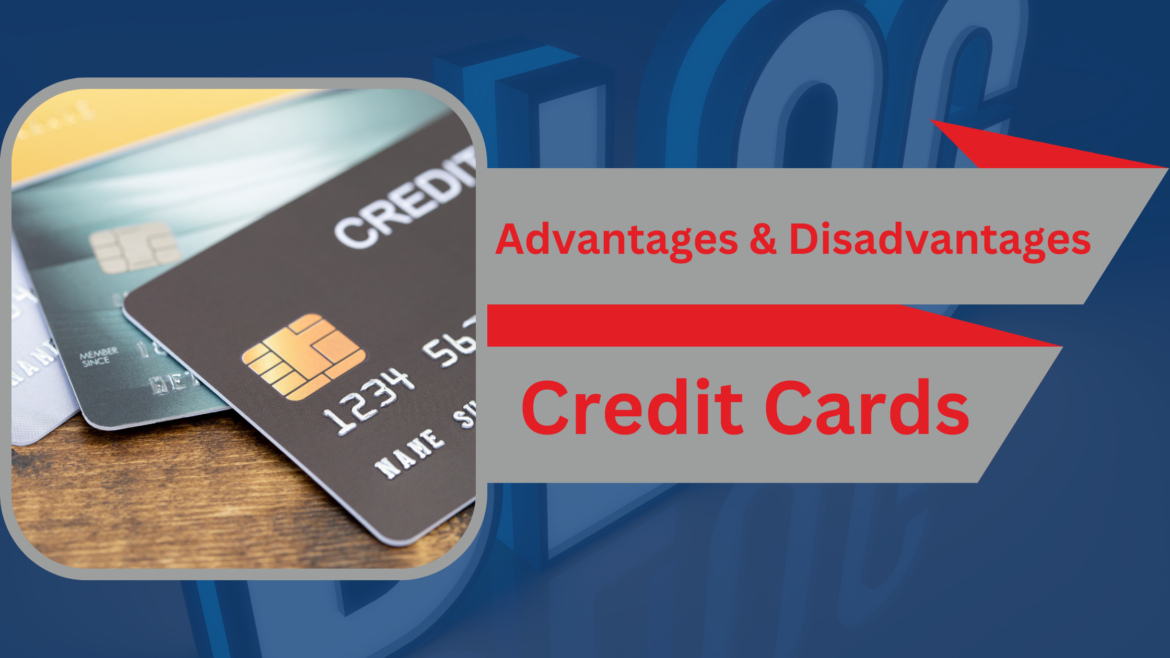Providing convenience and flexibility, credit cards have become an integral part of modern financial transactions. However, they also come with potential drawbacks. Understanding the advantages and disadvantages of credit cards can help individuals make informed decisions about their financial management.
Affordability: Credit cards are convenient for online and in-store purchases. They eliminate the need to carry cash and provide quick access to funds.
Emergency Fund: Credit cards can serve as a form of emergency funding when unexpected expenses arise, providing a financial cushion in times of need.
Rewards and Perks: Many credit cards offer rewards programs, including cashback, travel miles, discounts, and other perks. Using credit cards for everyday expenses can lead to earning valuable rewards over time.
Building Credit History: Responsible use of credit cards can help individuals build a positive credit history. This history is important for obtaining favourable loan terms, lower interest rates, and better insurance premiums.
Security: Credit cards offer better security than cash, as they can be easily replaced if lost or stolen. Additionally, many credit cards come with fraud protection features that limit liability for unauthorized transactions.
Convenient for Online Shopping: Credit cards are essential for online shopping, providing a secure way to make transactions on the Internet.
Deferred Payments: Credit cards allow users to make purchases now and pay for them later, providing a short-term financing option for larger expenses.
Disadvantages:
Interest Rates: Credit cards often come with high-interest rates, and if the balance is not paid in full by the due date, interest charges can accumulate, leading to significant debt.
Debt Accumulation: The ease of spending with credit cards can lead to overspending and accumulating debt that becomes difficult to manage. This can result in a cycle of minimum payments and interest charges.
Fees: Credit cards can have various fees, including annual fees, late payment fees, over-limit fees, and cash advance fees. These fees can add up and contribute to the overall cost of using credit.
Negative Credit Impact: Irresponsible use of credit cards, such as missing payments or maxing out the credit limit, can negatively impact credit scores and make it harder to access favourable loan terms in the future.
Impulse Spending: Credit cards can encourage impulse spending, as users might not feel the immediate impact of their purchases on their bank account. However, this can result in financial regret.
The temptation to Overspend: The availability of credit might tempt individuals to spend beyond their means, leading to financial strain and difficulty in meeting repayment obligations.
Security Concerns: While credit cards offer security features, they are not immune to fraud and hacking. Personal and financial information can be compromised, leading to unauthorized transactions.
In conclusion, credit cards offer both advantages and disadvantages. They can be valuable financial tools when used responsibly and within one’s means. However, individuals should be cautious about overspending, high-interest rates, and fees. Careful management of credit card usage is essential to enjoy the benefits while avoiding potential pitfalls.



